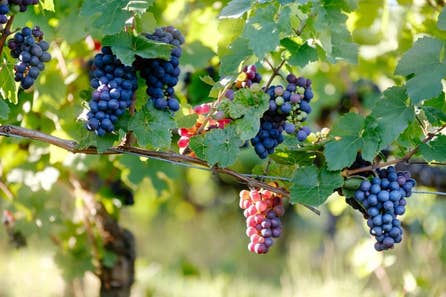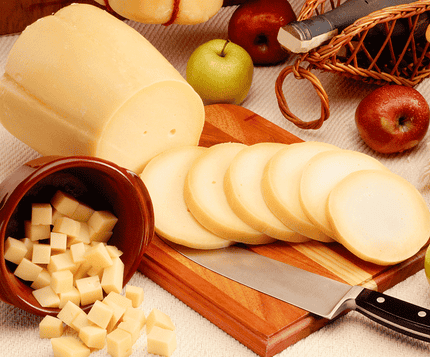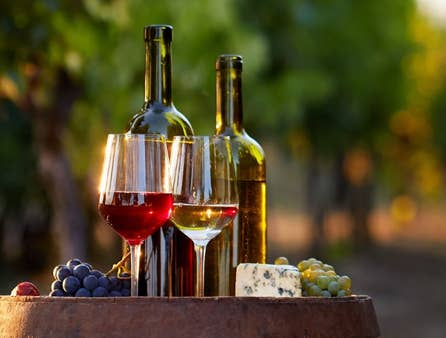Wedding wines
What are the most popular wines for weddings, and how many bottles should you buy? Discover everything you need to know about buying wine for a Kiwi wedding.

It’s hard to cater for all tastes at a wedding. Play it safe and opt for wines which are easy-going and have broad appeal.
Look for
• One red, one white and one bubbles
• Milder flavours
• A low or zero alcohol option
Pro tips
• Taste wines in advance to find your favourites
• Assume 3-4 drinks per person, min.
• Rose isn't 'traditional', but it's getting popular
How much wine to buy for a wedding
The rule of thumb is usually two to three glasses per person, or up to four to five if you’ve got a lot of wine lovers among your whānau. For context, a standard bottle contains enough wine for around four or five glasses.
To help you work out these numbers, consider how ‘into’ wine your guests are. Go through your guest list and guess who will want wine, then separate those names into big versus low drinkers. Using our assumptions above, this will tell you how many bottles to buy.
What wines to choose for your wedding
What is the most popular wine for weddings?
There is no single most-popular wedding wine - it’s all about personal taste. Try a few different wines from a few grape varieties, and note down what you liked.
Most weddings serve at least one red and white, as well as a sparkling wine. Aim for milder flavours as this makes the wine more approachable for guests who don't often drink wine.
Wedding reds
Pinot Noir is universal when it comes to wedding reds, with a silky mouthfeel and strong red berry or stone fruit notes. It’s also not too heavy and can be served below room temperature, making it ideal for both summer and winter weddings.
Look to bolder reds like Merlot and Shiraz too, which come packed with bigger flavours, a velvety mouthfeel and spicy aromas. Merlot has a light to medium body so you can still enjoy it in warmer weather, but Shiraz might be too heavy - ideal for cooler weather.
Our pick of the best red wines for a wedding
Wedding whites
Sauvignon Blanc and Pinot Gris are two crisp, adaptable wines which pair well with lighter foods and warm weather. They’re fruity, zesty and well-liked even by wine-beginners.
Riesling runs the range from sweet to dry, and medium to fuller bodied, so it can give you more food pairing options. But, it’s not as universally loved, sometimes having more complex flavours (with mineral and petrol notes).
If you will be serving quite rich food, consider an unoaked (or lightly oaked) Chardonnay, which will better balance out bold foods than lighter white alternatives.
Our pick of the best white wines for a wedding
Sparkling wines
Prosecco is the most common sparkling wine you’ll find on New Zealand shelves and it tends to be on the drier side. Offer this on its own, or pair it with canapes - it doesn’t pair so easily with mains.
Sparkling Rose is also growing popular, tending to be slightly richer which allows it to pair better with a wider range of foods.
Remember that sparkling wine is not as widely liked as red or white, so you won’t need as many bottles on hand.
Our pick of the best sparkling wines for a wedding
Wedding Roses
Rose is not as ‘traditional’ as red or white, but its undeniable popularity is making it more commonplace at Kiwi weddings.
When picking Rose to sample, take a look at the colour. Paler Rose tends to be more delicate and exotic, often more dry. Darker Roses typically have greater body and richness, with stronger fruit notes.
Given its versatility, Rose pairs very well with buffet-style weddings with lots of food options.
Our pick of the best rose wines for a wedding
Find wine ideas for every wedding season
Spring Wines | Summer Wines | Autumn Wines | Winter Wines |
| Temperamental spring starts crisp and ends up warm, so your wine will do the opposite. Start bold and move towards crisp as the sun heats up. | Summer is all about heat and humidity. Crisp, refreshing wines go down best, with lighter bodies and big fruity notes. | You’ll get weather from all seasons in autumn. Crisp summer wines will still work great, but you’ll move towards winter warmers as it gets colder. | Look for warmth and comfort in winter. Fuller-bodied wines and higher alcohol volume will feel warming as you drink, especially with toasty or spicy flavours. |






